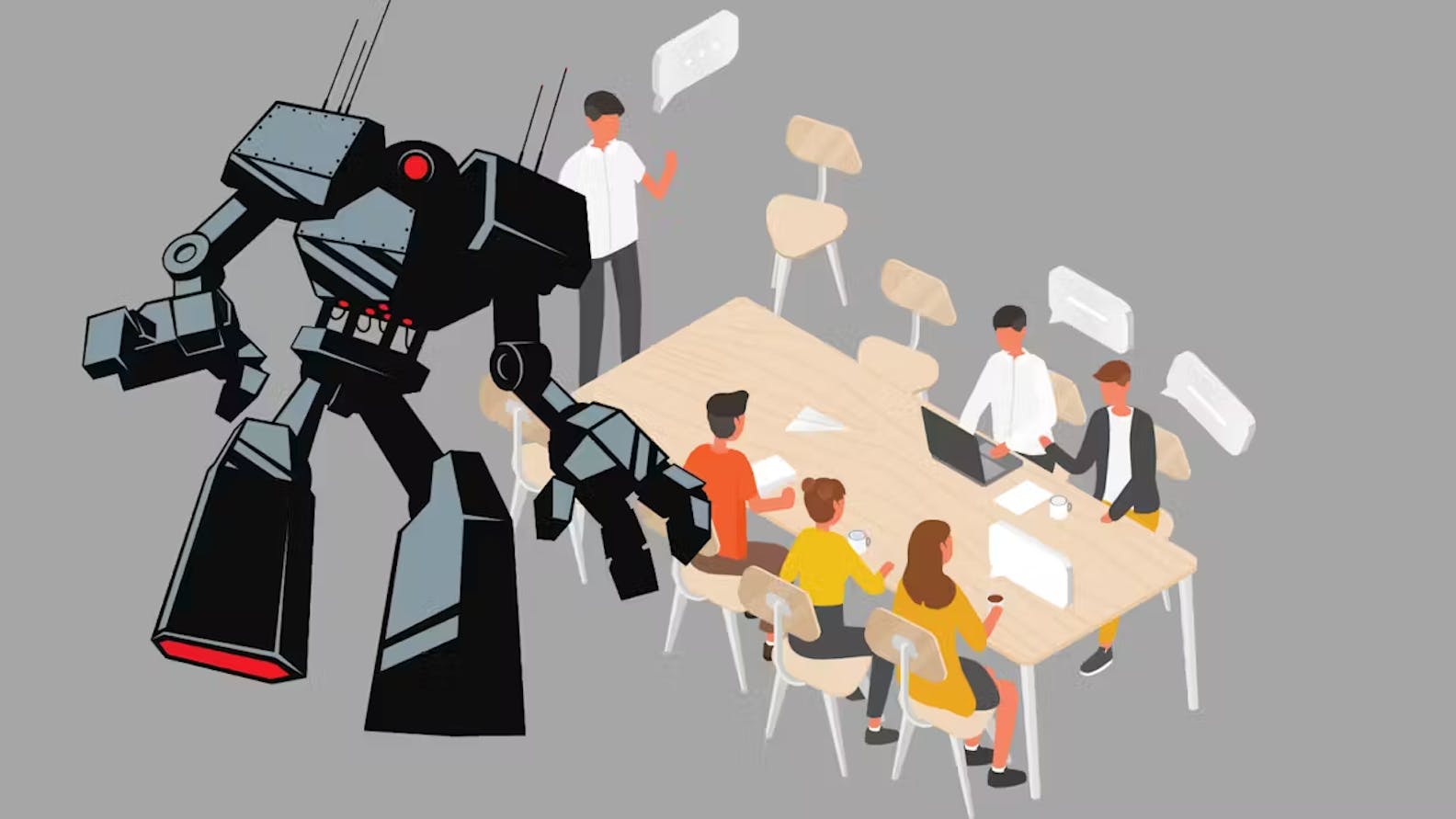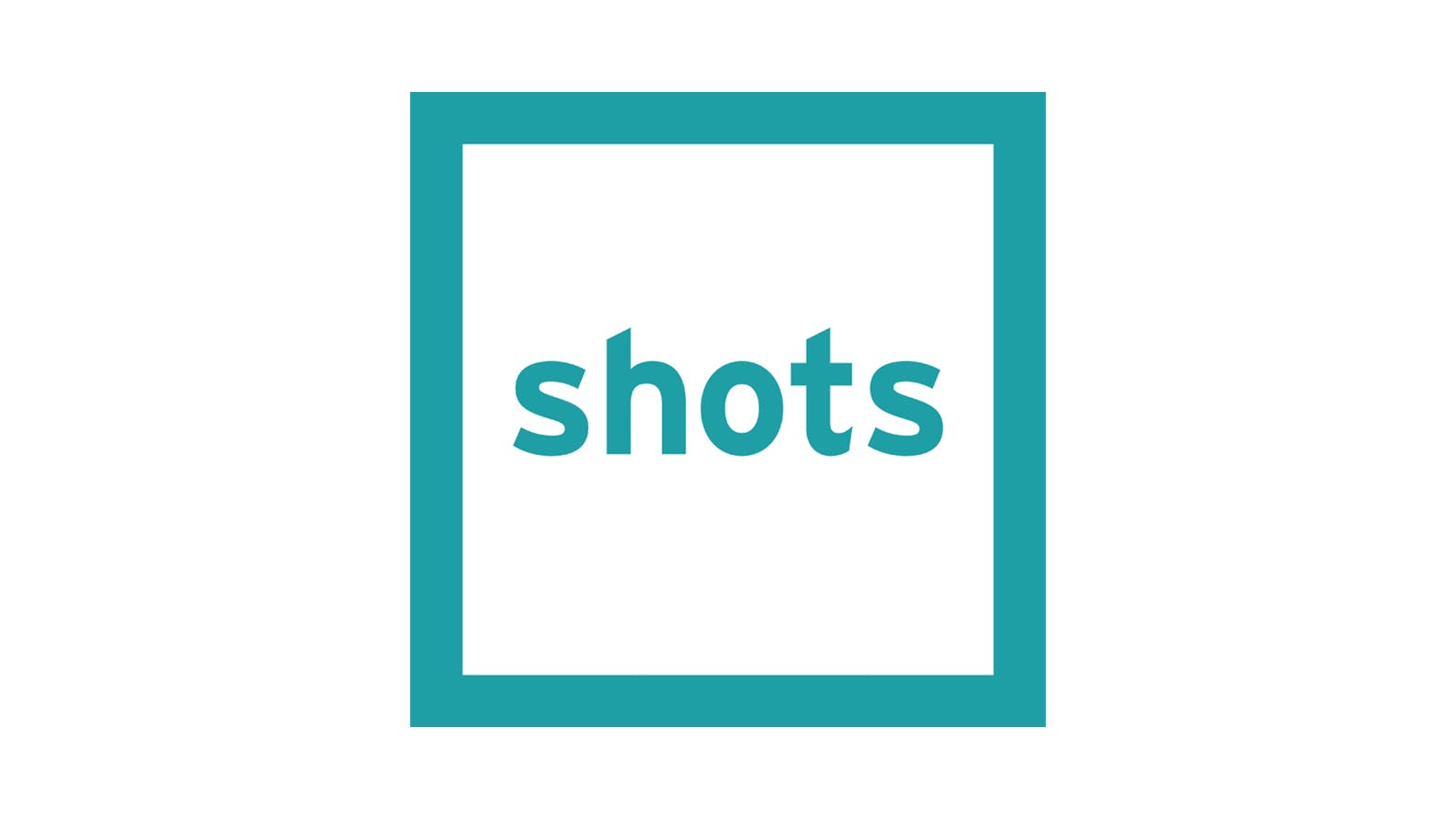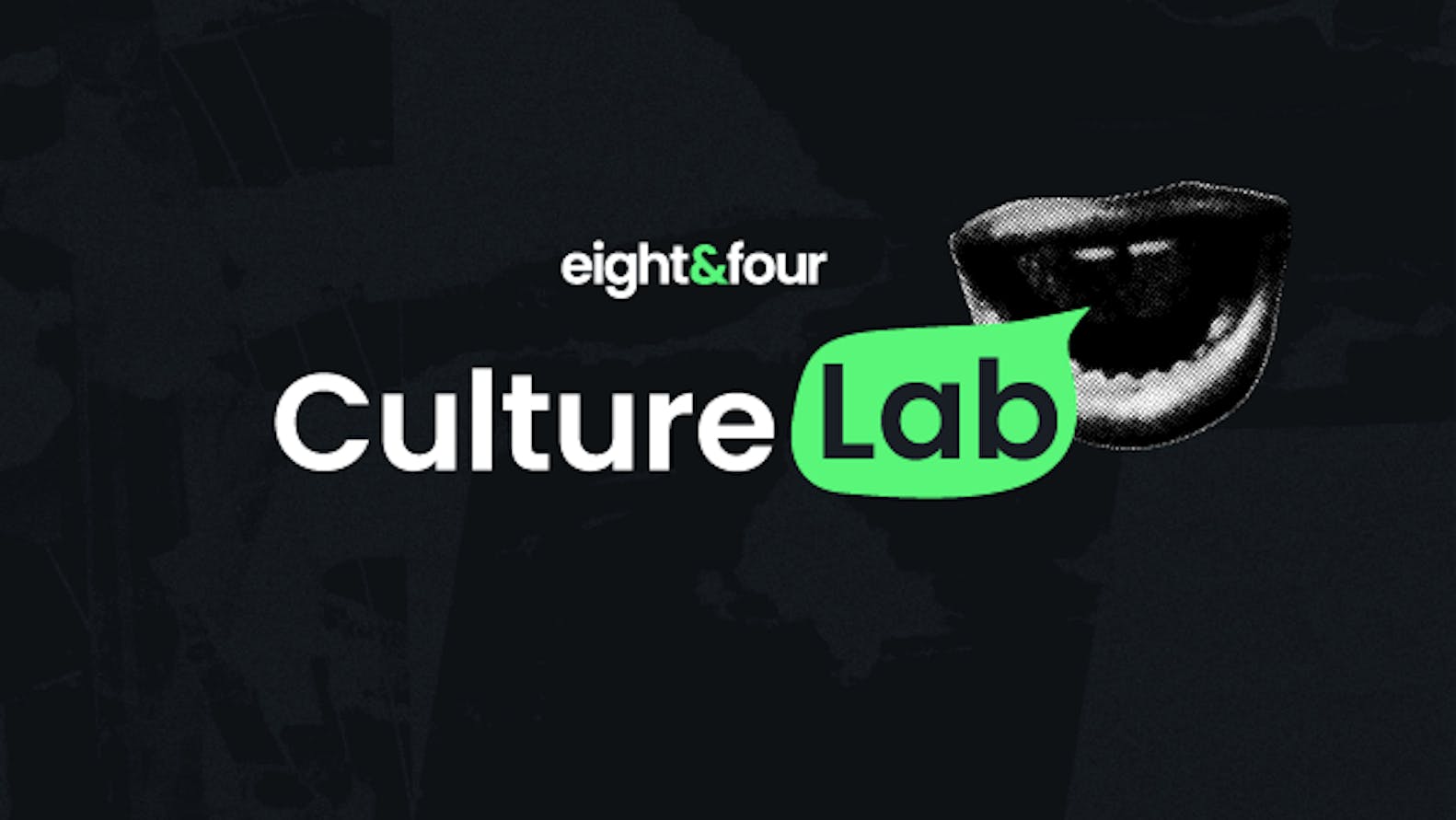In the latest issue of The Drum, our Group MD Kate Ross shares her perspective on the challenges SME marketing agencies are facing as GenAI reshapes the industry. As the sector undergoes rapid transformation, she reflects on what this technological shift could mean—not just for how we work, but for what the marketing industry becomes.
Kate begins by acknowledging the sheer pace at which GenAI is accelerating change. Large network agencies are making aggressive investments, promising clients new end-to-end solutions powered by artificial intelligence. “We’re seeing the Networks dive headfirst into GenAI platforms,” Kate explains, “selling them as the next generation of marketing ecosystems.” For smaller agencies, this is more than just competition- it’s a fundamental disruption of traditional ways of working.
One of the most immediate areas of pressure is around billing. Traditional pricing models based on time spent are increasingly at odds with AI-enabled efficiencies. “When outputs are being created in minutes rather than days,” Kate notes, “the hourly rate begins to feel outdated—especially to clients.”
She also questions what this means for the identity of agencies themselves. “There’s this creeping idea that we should all be turning into software companies,” she says. “That somehow we should trade creative instinct for technical fluency. But is that really what marketing is meant to be?”
The industry landscape is shifting in ways that could have lasting implications for independent and mid-sized agencies. As Networks use GenAI to reduce costs and win longtail contracts, smaller players are getting squeezed. “It’s not just the work—it’s access,” Kate points out. “With fully integrated platforms being built between clients and their agencies, there’s a real risk that SMEs are locked out of key opportunities.”
Striking the right balance between talent and technology is becoming increasingly important. Agencies are being forced to make tough decisions about where to invest - hiring great people or building new tech. “It’s not either/or,” Kate says, “but finding that middle ground is getting harder, and the stakes are rising.”
As for where this could all lead? Kate sees three potential outcomes. One, nothing really changes. “It could all turn out to be a storm in a teacup,” she says. “Beyond a few new automated processes, we might just return to business as usual.” Another, more ominous possibility: “The Networks dominate and decimate. Smaller agencies can't compete, and the diversity of the agency landscape disappears almost overnight.”
And then there's the more tongue-in-cheek, but not entirely implausible, scenario: marketing becomes a historical footnote. “Maybe it all becomes like a quaint hobby,” she jokes. “Something your grandkids can’t believe you actually did for a living.”
Kate’s reflections are a call for clarity and caution. While GenAI presents undeniable opportunities, she argues that the industry must stay alert to what it’s sacrificing in the name of innovation. As always, the future belongs to those who can adapt—but also to those who ask the right questions along the way.
Read the full article here.


